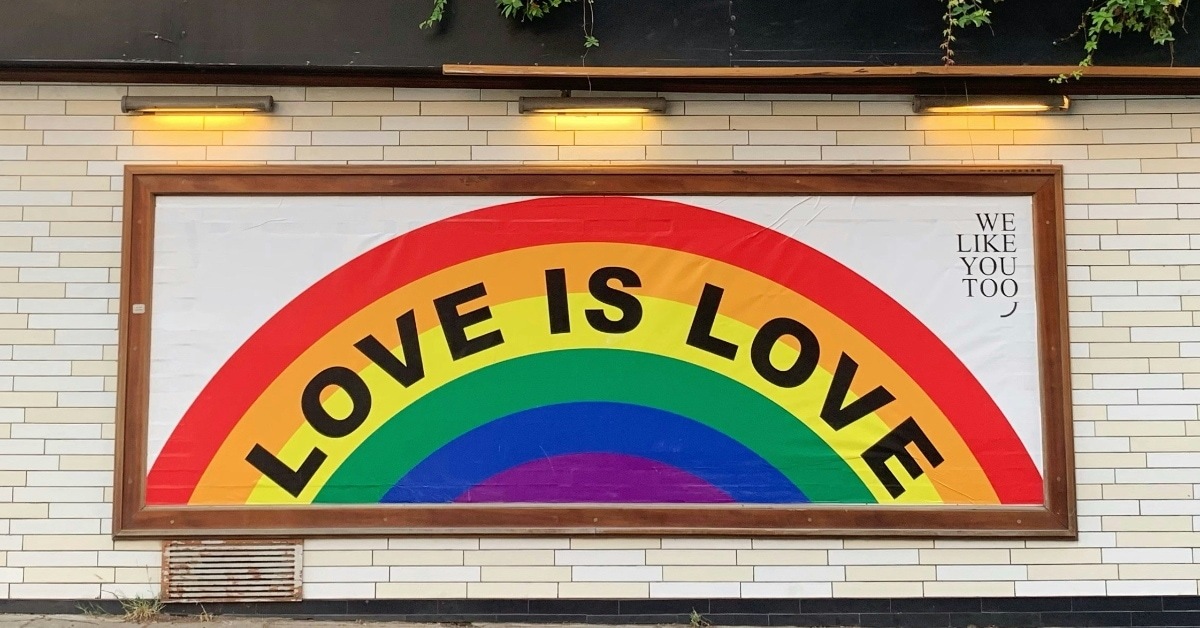Israel-Gaza war could complicate Biden’s relationship with some Black voters
“At the end of the day, he can’t afford for them to stay home,” said Angela Angel, senior adviser at […] The post Israel-Gaza war could complicate Biden’s relationship with some Black voters appeared first on TheGrio.
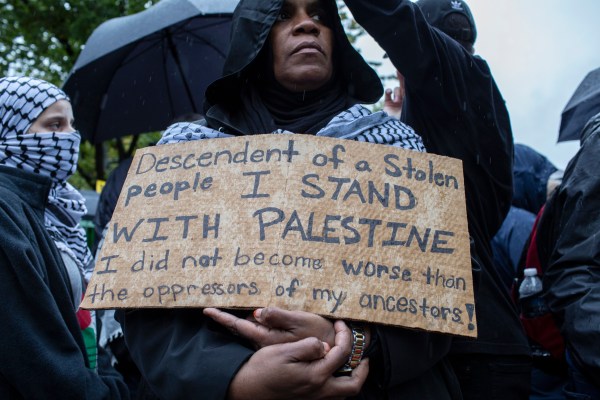
“At the end of the day, he can’t afford for them to stay home,” said Angela Angel, senior adviser at Black Lives Matter PAC.
As President Joe Biden navigates the United States’ role in the ongoing war between Israel and Hamas in Gaza, back at home, he may be putting a strain on his relationship with some Black and progressive voters.
As the president’s polled support drops among Democrats, Black voters, whom Biden acknowledged were responsible for his 2020 victory against Donald Trump, will be critical to his 2024 reelection.
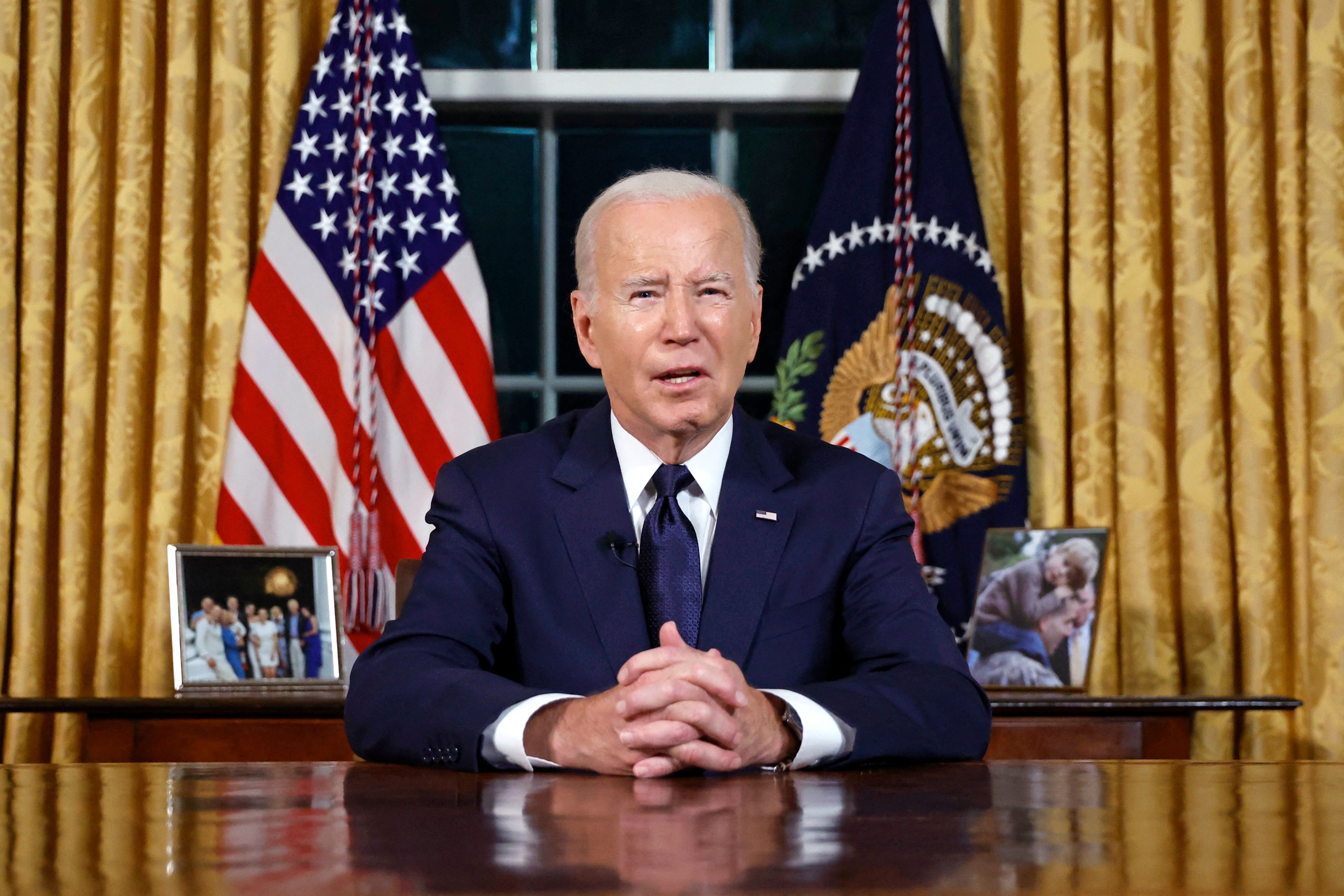
While there is no data on where Black voters specifically fall in the conflict in the Middle East, polling shows younger voters and voters of color are less likely to support Biden’s public support for the Israeli government as it continues to drop bombs in Gaza in retaliation for the Oct. 7 Hamas attack that killed 1,400 Israeli citizens.
According to an NPR/PBS NewsHour/Marist poll, just 48% of Gen Z and millennials said the U.S. should publicly voice support for Israel, compared with 63% of Gen X, 83% of baby boomers, and 86% of the silent generation.
Along racial lines, just 51% of voters of color said the U.S. should take a public stance supporting Israel, while 72% of whites thought the opposite.
Anecdotally, from Capitol Hill to Hollywood to college campuses, young and liberal Americans are expressing their solidarity with Palestinians and voicing discontent with Biden’s lack of criticism of Israel.
U.N. Secretary-General António Guterres accused the Israeli government of breaking international humanitarian law.
Similarly, in a letter last week, America’s first Black president, Barack Obama, said the Israeli government’s decision to cut off food, water and electricity in Gaza “threatens not only to worsen a growing humanitarian crisis” but also could “…undermine long-term efforts to achieve peace and stability in the region.”
Biden and his administration have repeatedly said they will stand by Israel and its right to defend its citizens from terrorism.
Edward Ahmed Mitchell, national deputy executive director of the Council on American-Islamic Relations (CAIR), told theGrio that regarding young Black voters, there is a “risk” that Biden’s response to the Middle East conflict will “turn them off.”
“And not just because he’s so supportive of Israel, which we all kind of expect,” said Mitchell, “but President Biden went above and beyond in not only supporting Israel but ignoring the suffering of the Palestinian people.”
Critics, including Black members of Congress, took issue with the White House’s initial response to the conflict, which they argued failed to adequately address Palestinian civilians whom Israeli strikes had killed.
To date, more than 8,000 Palestinians have been killed in the war, according to the Gaza Health Ministry. However, the White House said estimates coming from the Palestinian agency should not be taken at face value because Hamas runs it.
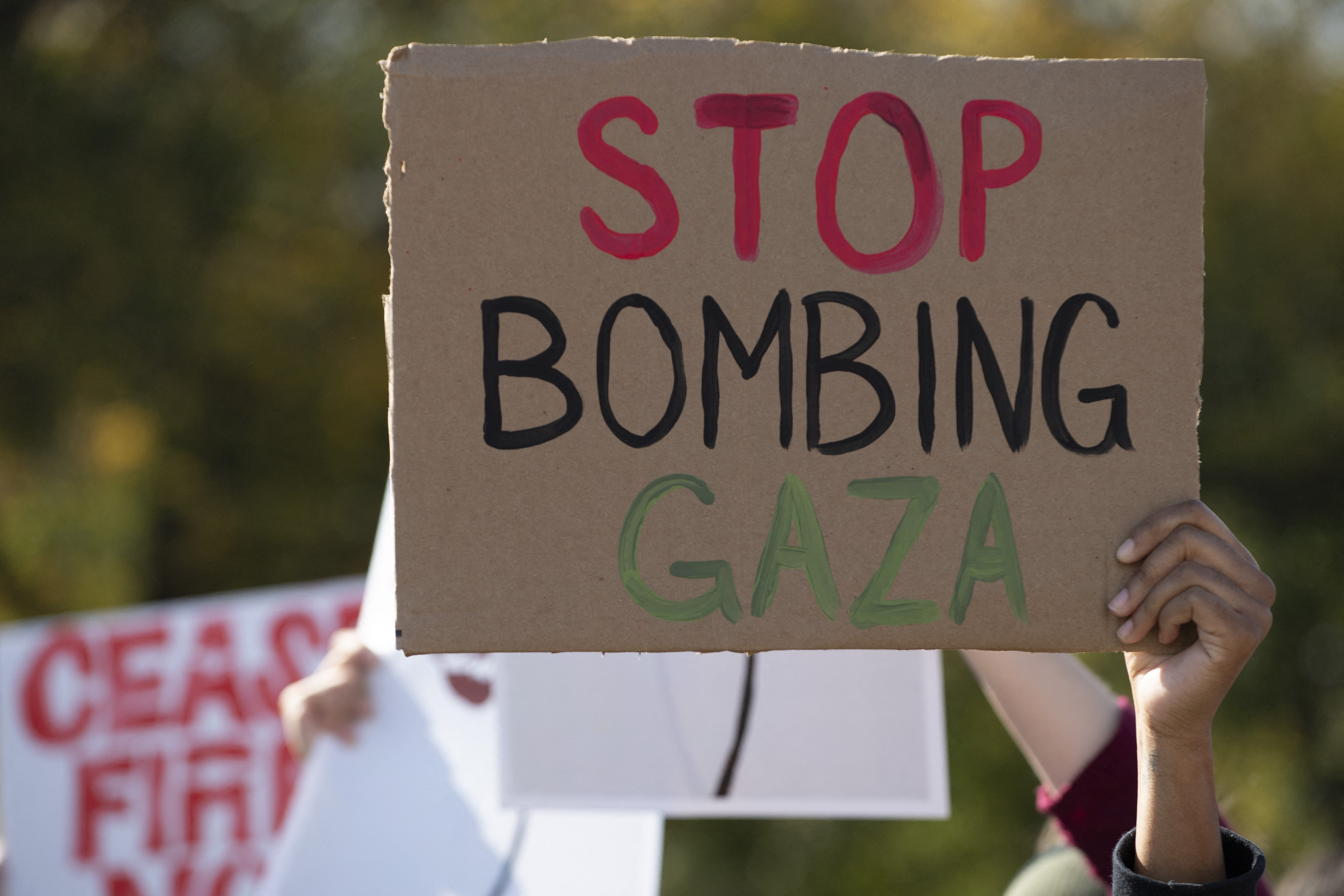
Mitchell, a civil rights attorney and former journalist, said Black Americans who feel solidarity with Palestinians recognize the “similarities” of how Palestinian civilians have been treated over decades to the Jim Crow South and apartheid in South Africa.
“We recognize the dehumanizing language that downplays people of color when they are victims of injustice, while only recognizing white people when they are victims of injustice,” said Mitchell, who is Black and Muslim.
“Black Americans can certainly see the difference between how our government and the media responded when white-haired, blue-eyed Ukrainians started suffering violence under an illegal occupation,” he continued, “compared to the reaction that we’ve seen from the media and politicians when Palestinians, who are people of color, have suffered violence under Israeli occupation.”
While Black Americans have a storied history with Jewish Americans, many of whom marched alongside civil rights leaders in protest of racial segregation in the U.S., they also share a unique history with Palestinians dating back to the founding of Israel and most recently during the rise of the Black Lives Matter movement in 2014.
Mitchell said some Black Americans can see the “insidious, subconscious bias that our political leaders suffer from that allows them to sympathize with certain people and dismiss the suffering of other people.”
He explained, “It’s not even a consciously racist thing…African Americans can easily recognize it, even when we’re not the direct victims of it.”
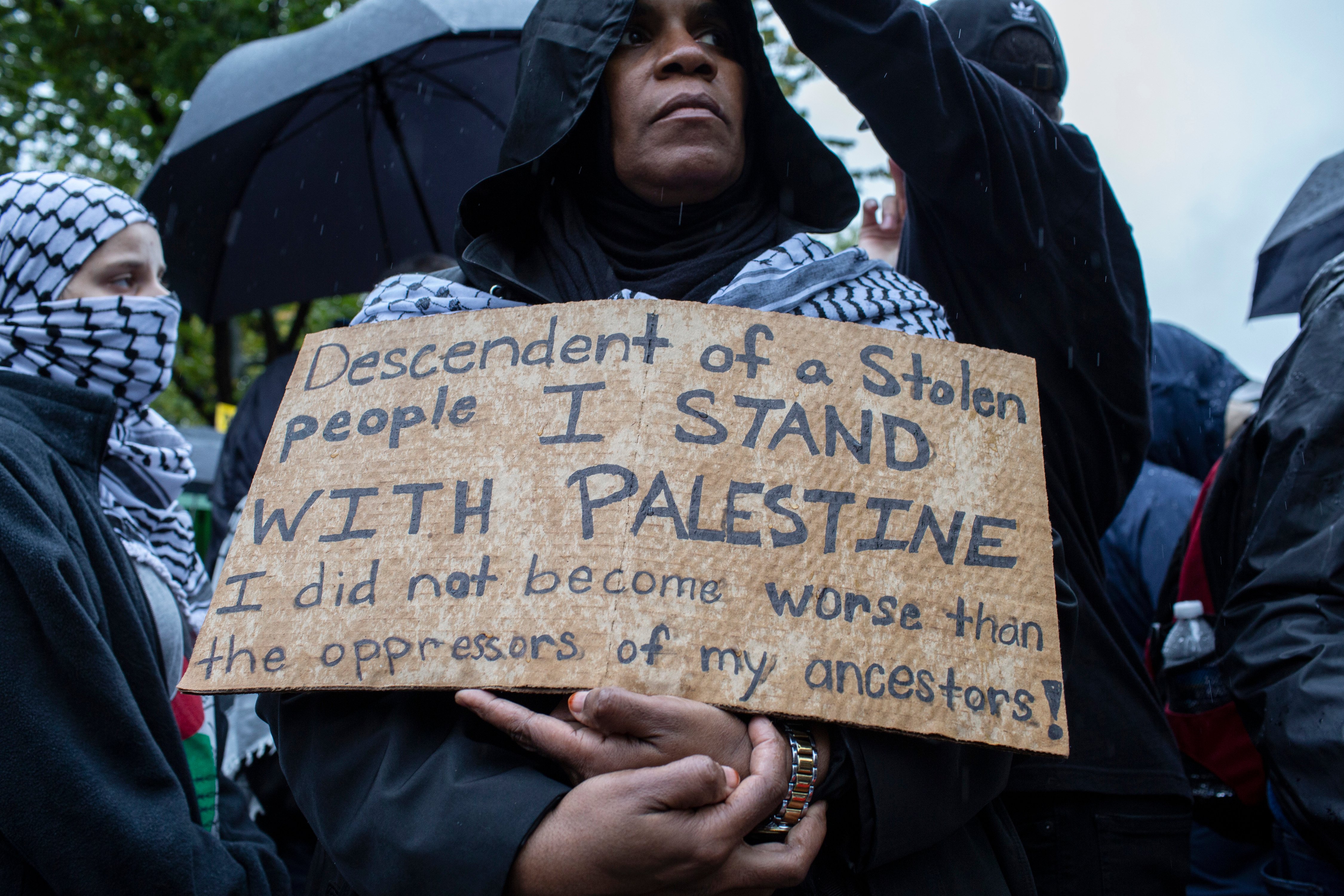
As theGrio previously reported, more than 2,000 Black activists signed a letter urging Biden and his administration to call for a ceasefire between Israel and Hamas.
However, despite the many Black Americans voicing their opinions about the conflict in the Middle East, Angela Angel, a senior adviser at Black Lives Matter PAC, noted that others might not necessarily hold strong views on the matter – nor should they have to, she said.
“We are expected to fight for the world while fighting for our own lives and to show solidarity when it’s not always shown to us,” Angel told theGrio.
She continued, “We can’t forget that with all of the oppression and systemic racism that Black folks go through, you have to acknowledge the pressure and the expectation to say something even when we don’t necessarily have the space to do so.”
Whether Black Americans take a position, strong or otherwise, on the Israel-Hamas conflict, Angel said data shows Black voters are unlikely to consider foreign policy when deciding about elections.
She cited a spring 2023 survey of Black Americans conducted by the Carnegie Endowment for International Peace that found that Black voters considered the economy and jobs, racism or racial discrimination, and health care as their top priorities ahead of the 2024 elections.
However, the survey also found that while foreign policy may be last on the list of priority issues for Black Americans, 4 in 10 do believe a candidate’s foreign policy agenda is very important.
Regardless of the issues, Angel said keeping young Black voters engaged will be an uphill battle.
“When you’re talking about young voter engagement… it’s not an A and B, Democrat versus Republican, it’s C, the couch,” said Angel. “In a race where it could come down to very narrow margins, that could and will spell trouble for Biden.”
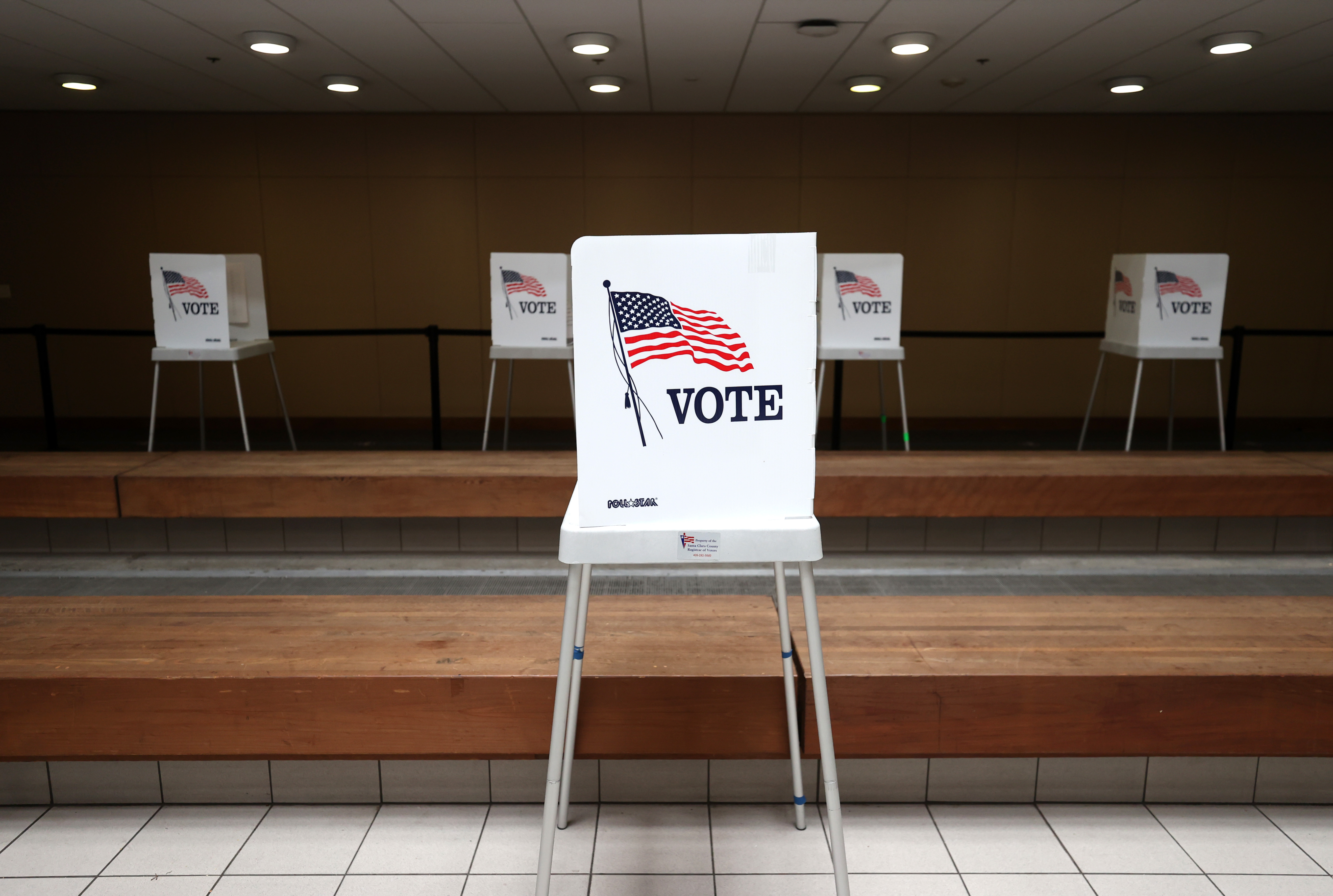
She added, “At the end of the day, he can’t afford for them to stay home.”
Since coming under criticism for the initial response to the Israel-Hamas conflict, the president and his administration have softened their messaging and urged Israel to increase humanitarian aid coming into Gaza significantly.
Advocates and organizations continue to call for a cease-fire to prevent further deaths of civilians.
Mitchell of CAIR noted that a cease-fire remains necessary to recover Americans who remain “trapped” in Gaza, including those who are being held hostage by Hamas, who are also in danger of being killed amid bombing raids.
“Their lives are in danger every minute this drags on,” said Mitchell, who took particular issue with the president’s remarks that casualties as a result of the conflict were a “price of waging a war.”
“It’s almost unbelievable that our government is not stepping in to say there should at least be a ceasefire to get the hostages out before more hostages get killed in this bombing campaign,” he added. “That’s apparently the price of war as well.”
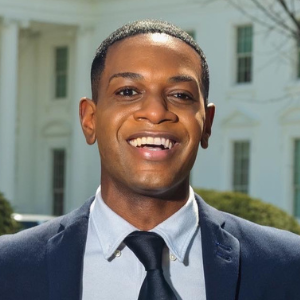
Gerren Keith Gaynor is a White House Correspondent and the Managing Editor of Politics at theGrio. He is based in Washington, D.C.
TheGrio is FREE on your TV via Apple TV, Amazon Fire, Roku, and Android TV. Please download theGrio mobile apps today!
The post Israel-Gaza war could complicate Biden’s relationship with some Black voters appeared first on TheGrio.










